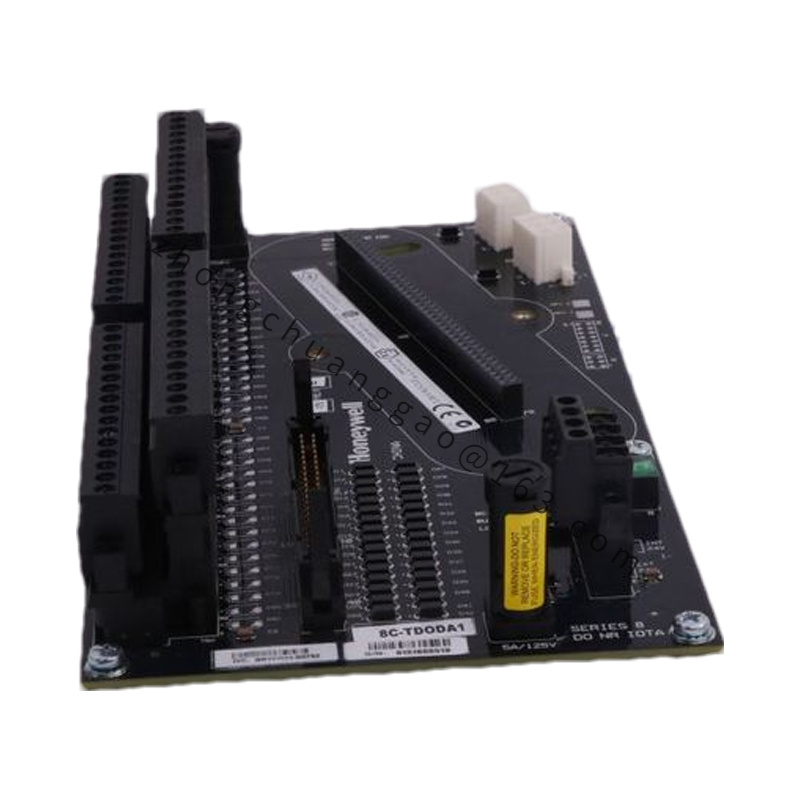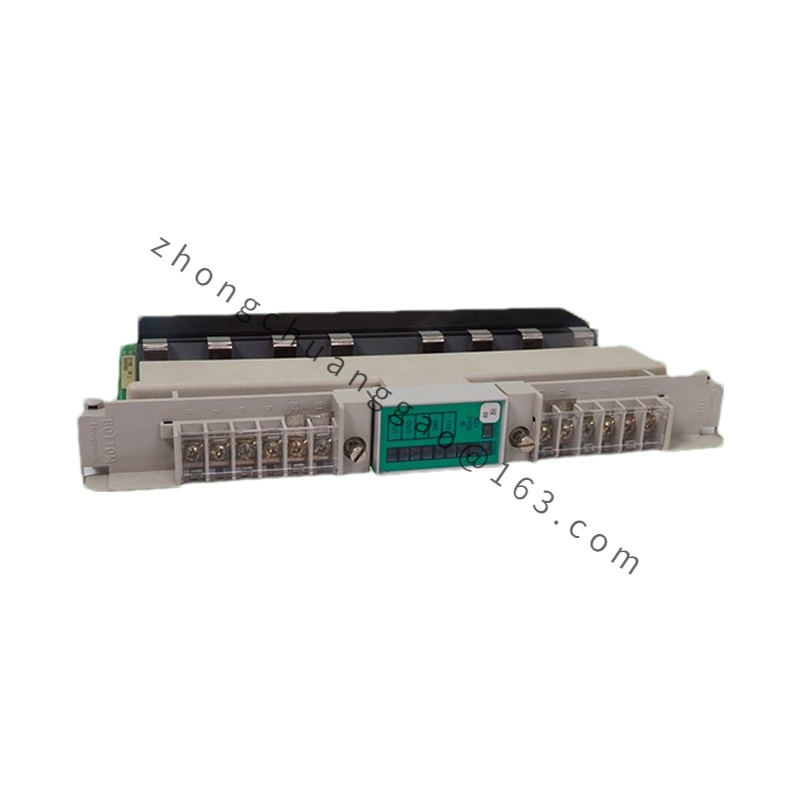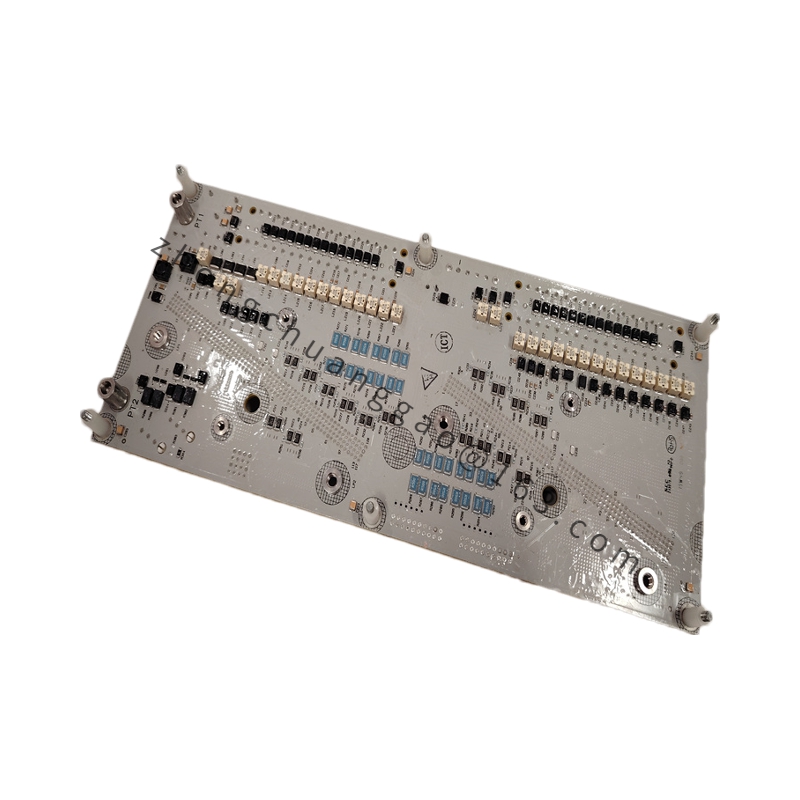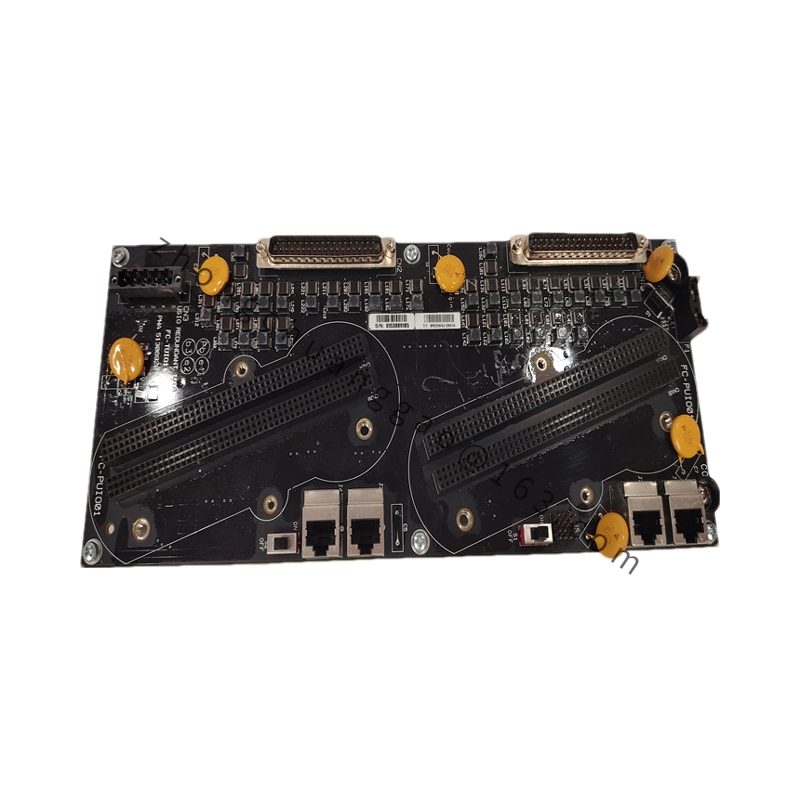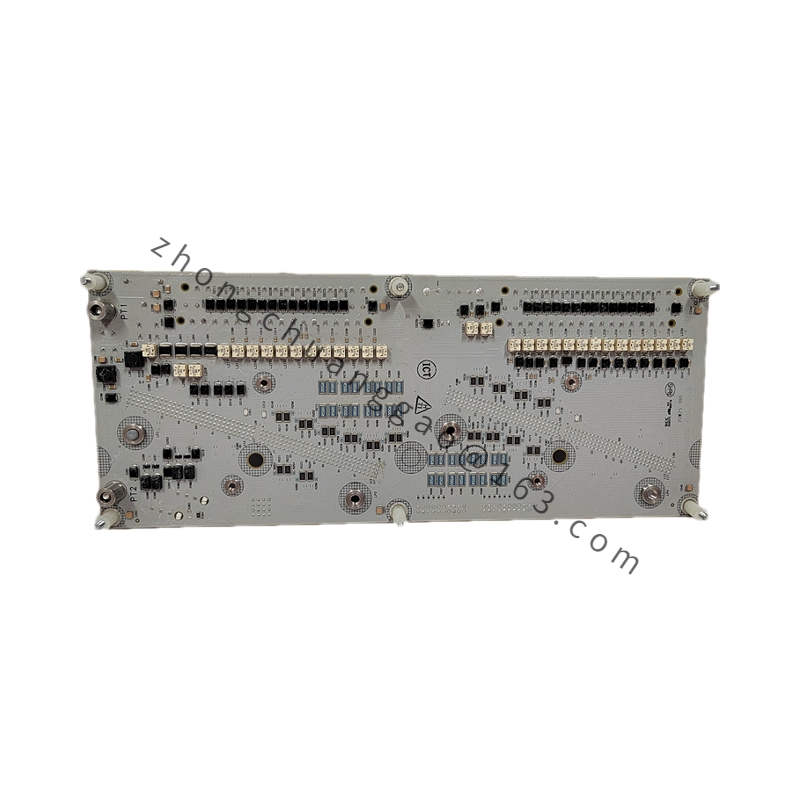Detailed content
Technical Specifications:
- Type: Process Automation Controller
- Model Number: HC900 C30
- Input/Output Channels: Configurable for various I/O points, including analog and digital (specific channel configurations should be verified in the datasheet)
- Input Types: Supports a range of inputs including:
- Analog (4-20 mA, 0-10V)
- Digital (discrete)
- Output Types: Includes both analog and digital outputs for process control
- Power Supply: Typically operates on 24V DC
- Communication Protocols: Supports multiple communication protocols such as:
- Modbus RTU
- Profibus DP
- Ethernet/IP (verify exact supported protocols in the datasheet)
- Temperature Range: Operates in industrial environments, usually from -10°C to 60°C
- Mounting: Designed for DIN rail or panel mounting
Features:
- Versatile Control: Provides flexible process control with capabilities for both discrete and continuous control applications.
- Integrated HMI: Often includes an integrated Human-Machine Interface (HMI) for easy configuration, monitoring, and control.
- High Performance: Designed for high performance with capabilities for complex control strategies and real-time processing.
- Modular Design: Modular architecture allows for expansion and customization based on specific application needs.
- User-Friendly Configuration: Includes tools and software for straightforward configuration and setup.
- Built-In Diagnostics: Equipped with diagnostic features to help with system troubleshooting and maintenance.
Applications:
- Industrial Automation: Used in various industrial processes for controlling and automating complex systems.
- Manufacturing: Applied in manufacturing environments to manage and optimize production processes.
- HVAC Systems: Suitable for controlling HVAC systems, providing automation and efficiency improvements.
- Building Automation: Integrates into building management systems for controlling various building functions and optimizing energy use.
- Energy Management: Used in energy management systems for controlling and monitoring energy consumption and efficiency.

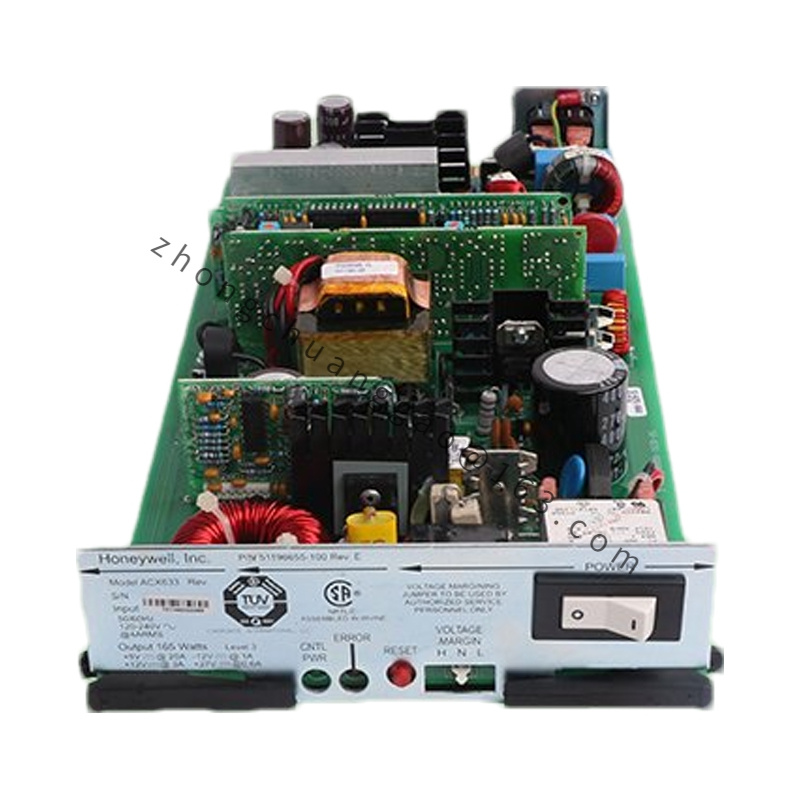
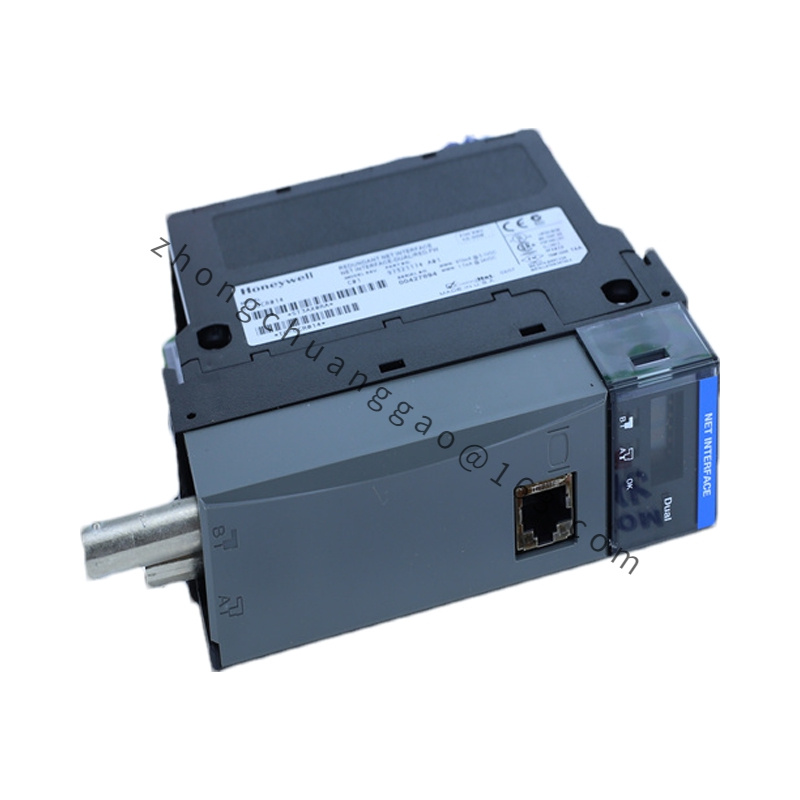
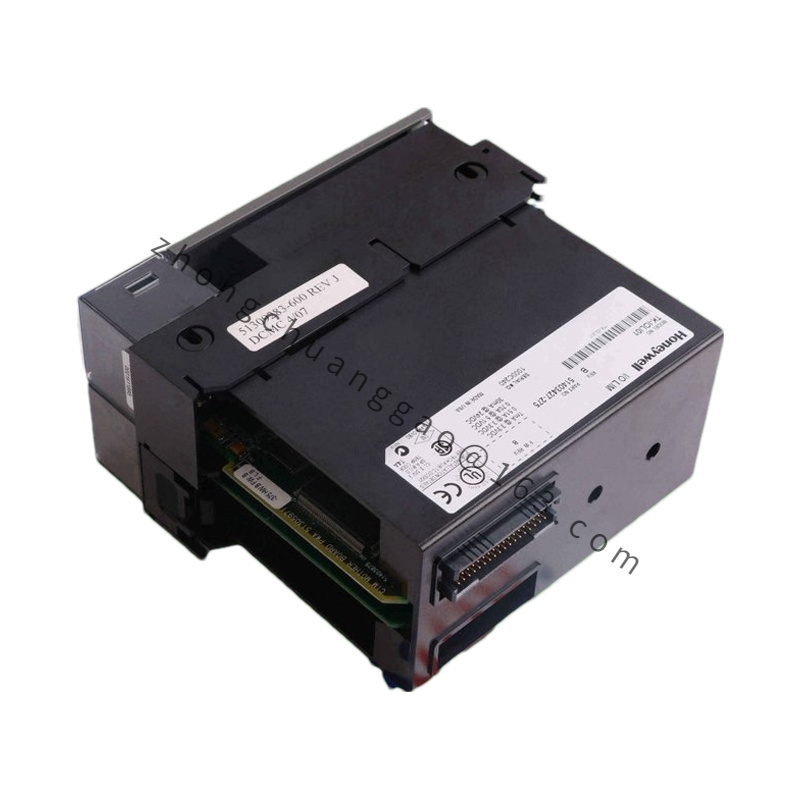
.jpg)
.jpg)
.jpg)
.jpg)
